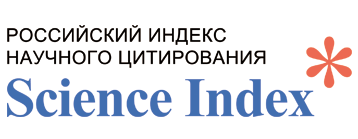QUANTUM CHEMICAL STUDY OF HYDROGENATION OF SUNFLOWER OIL OVER NICKEL CATALYSTS
Keywords:
Vegetable oils, hydrogenation method, nickel catalysts, biofuel, quantum chemical calculationsAbstract
Introduction. Vegetable oil hydrogenation is vital in edible margarine production, preventing rapid deterioration caused by double bond oxidation. Hydrogenation preserves vegetable oils by countering double bond oxidation, ensuring product quality. During this process, geometric isomers, notably trans isomers, form, driven by thermodynamic stability. Nickel catalysts are crucial in the oil and ghee industry for efficient hydrogenation. Purpose. Our study investigates the hydrogenation of sunflower oil with nickel catalysts, aiming to uncover molecular dynamics and interactions shaping this process. We reveal essential insights into linoleic acid-nickel interactions, elucidating hydrogenation mechanisms and implications for glycerol production. Methodology. Quantum chemical calculations and HyperChem software were employed to study the linoleic acid-nickel interaction during hydrogenation. This study delves into the hydrogenation of sunflower oil using nickel catalysts, employing quantum chemical calculations and HyperChem software. Results. Our research elucidates robust linoleic acid-nickel interactions through optimized structures, molecular electrostatic maps, molecular orbitals, bond lengths, and energies. These findings enhance our understanding of hydrogenation mechanisms. Additionally, we found that nickel-metal interactions primarily drive glycerol production from biofuels, promising efficiency gains. Conclusion. Our study yields insights into vegetable oil hydrogenation with nickel catalysts, optimizing processes in the oil and ghee industry. Furthermore, it has implications for glycerol production from biofuels, offering potential advancements in this area.

















